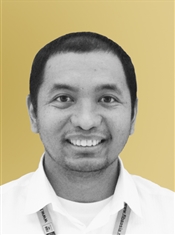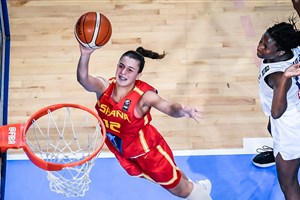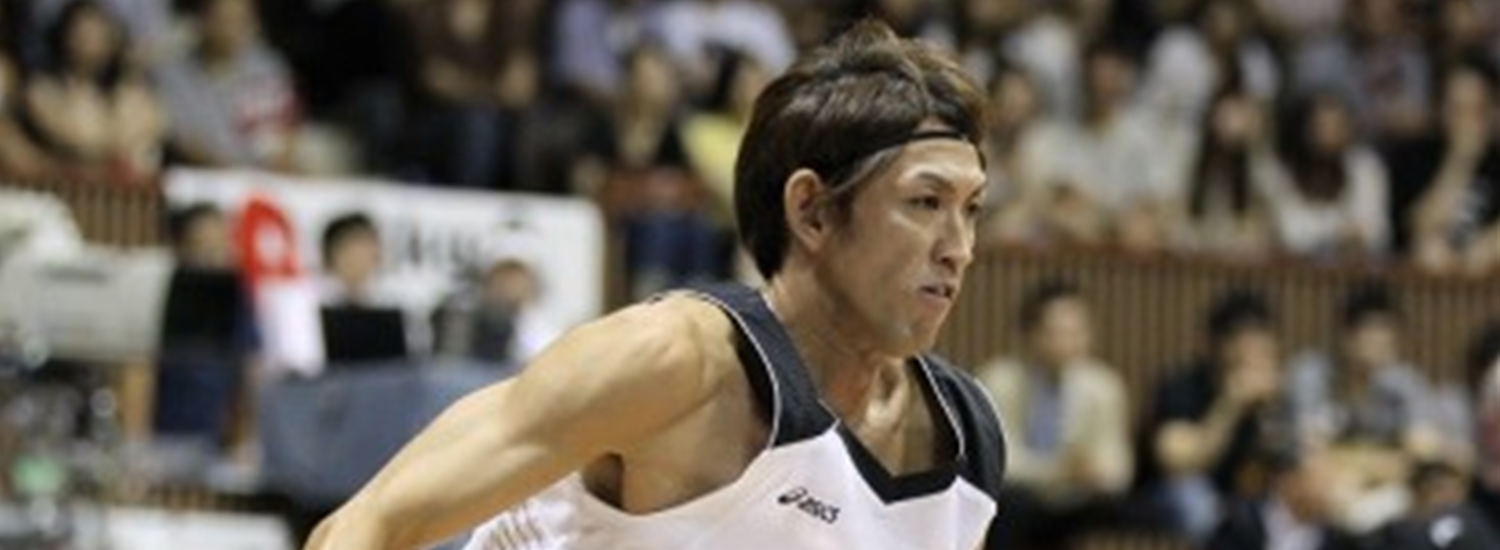
Asian Legends Series: Takehiko Orimo
MANILA (Enzo Flojo's Asia on My Mind) - In this edition of my Asian Legends Series, I wish to put one of the all-time best sharpshooters from East Asia in the spotlight. I'm referring to none other than Japanese icon Takehiko Orimo.
Orimo hits a sweet spot for me. He is one of the reasons I fell in love with Asian basketball in the 90s, and I am certain he's also a big reason why so many Japanese eventually picked up a rubber ball and started bouncing it on the hardwood in every corner of his country. I remember him giving the Philippines hell in the 1994 Asian Games in Hiroshima, where the Japanese beat the Filipinos, 79-76, in the bronze medal game.
Orimo was, for many years, the quintessential Asian basketball player in my eyes. He was quick, he used his agility to slip between the gaps in the defense, and he was one heck of an amazing three-point shooter.
Maybe, arguably, top three all-time in Asia - at least in my book.
Orimo was born on May 14, 1970, in Ageo, Saitama Prefecture, Japan. He went to and first played for his hometown Saitama Sakae High School before matriculating in Tokyo's Nihon University, leading them to the All-Japan College Basketball Championship in his senior year. Soon after, he joined the Toyota Pacers (the precursor to the Toyota Alvark) in Japan's semi-professional league, and he eventually saw action for the men's national team in the aforementioned 1994 Asiad.

Orimo was a main figure in the Japanese national team from then on, seeing action in the 1995 FIBA Asia Cup in Seoul, Korea, and becoming one of the tournament's top scorers in the 1997 FIBA Asia Cup in Riyadh, Kingdom of Saudi Arabia, where Japan lost a heartbreaker in the Final to the Koreans, 78-76.
The following year, Orimo saw action at the FIBA Basketball World Cup for the first time, averaging 8.8 points and hitting a scorching 69.2% from beyond the arc in Athens, Greece, though Japan one just one game, beating Senegal, 60-55. His best performance was dropping 16 points and hitting all four of his triples in a loss to Nigeria.
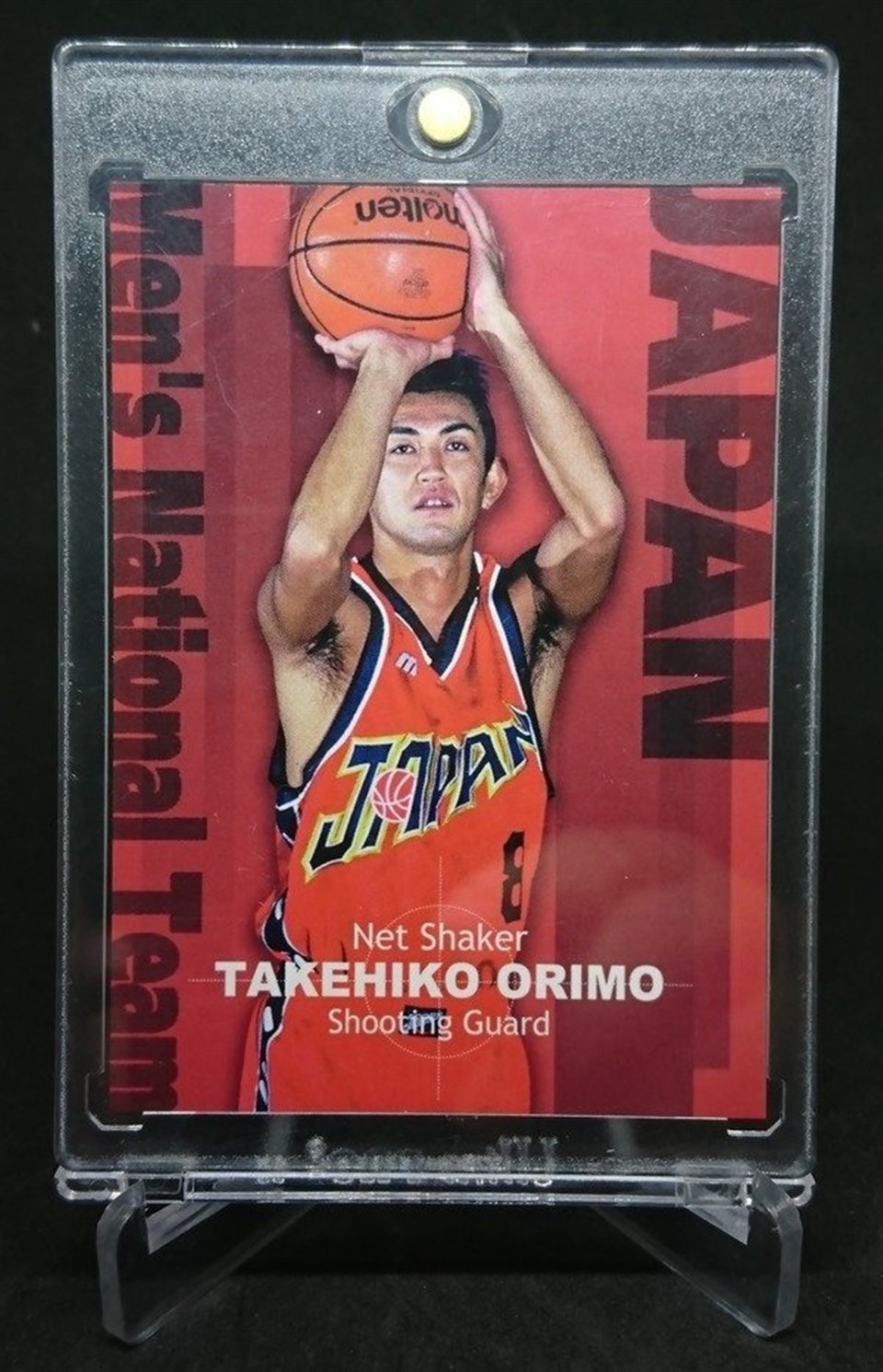
In 1999, Japan hosted the biennial FIBA Asia Cup, and Orimo joined stalwarts like Michael Takahashi, Makoto Hasegawa and Kenichi Sako as the Japanese pushed for qualification to the 2000 Sydney Olympics. Orimo played well in this competition, as expected, though Japan was upset by Chinese Taipei in the quarter-finals, 77-61, thanks to the dynamic duo of Lo Shin-Liang and Cheng Chih-Lung. Orimo top-scored for Japan in that deflating loss with 16 points.
Orimo took a two-year break from the national team before returning as a seasoned veteran in the 2002 Busan Asian Games, where Japan underwhelmed anew, finishing outside of the quadrennial event's top five for the second straight edition. He missed the next two stagings of the FIBA Asia Cup in 2003 and 2005 but donned the national team kit in the 2006 FIBA Basketball World Cup hosted in his hometown of Saitama.
In that World Cup, at 36 years old, Orimo led Japan in scoring with 12.2 points per game, scoring in double-digits in each of their contests. His best performance was scoring 13 points on the back of 3 triples and on top of 2 rebounds, 2 assists and 2 steals in a 78-61 victory over Panama. In the same year, Japan also played in the 2006 Doha Asian Games, where Orimo helped Japan to another 6th place finish.
Orimo's last two appearances for the national team were in the 2007 and 2009 FIBA Asia Cups in Tokushima, Japan and Tianjin, China respectively. Japan continued to flounder in both tournaments falling to 8th place in Tokushima and then tumbling further to 10th place in Tianjin. Orimo continued to be a potent scorer for the national squad, though, putting up 12.4 points and hitting 43% from three-point land across the two competitions.
Orimo's 2009 Asia Cup appearance would eventually be his last for the national team. Already approaching 40 years old, the sniper would defer to Japan's rising stars, though that didn't mean he completely hung up his sneakers.
In Japan's local professional circuit, Orimo remained a prominent presence, transferring from Toyota to Lela Kamui Hokkaido (now known as Levanga Hokkaido) in 2007, eventually finishing his playing years there until his formal retirement early this year.
View this post on Instagram#折茂武彦 #takehikoorimo #レバンガ北海道 #lebangahokkaido #ラストシーズン #bleague #bリーグ #バスケットボール @taijikatou
Among Orimo's numerous career highlights and milestones are being named 2002 Japan Basketball League (JBL) Most Valuable Player (MVP), being a two-time JBL Best Five member and being a multiple-time JBL All-Star MVP. He also won a slew of championships in his prime years with Toyota (2001, 2005, 2006).
Over his entire pro career, Orimo sank 1,091 out of 2,828 three-pointers (38.6% accuracy), averaging 12.8 points in nearly 800 games over a staggering 27 seasons. He is also the first player to reach 10,000 points in the history of Japanese professional hoops. Still, ever the competitor, Orimo, at the twilight of his playing days, knew he could have done even better.
"There are so many things I feel I could’ve done better," he admitted in his online retirement press conference, "but overall I think I had a good basketball career."
Now, Orimo serves as the president of Levanga Hokkaido, which struggled for wins in the shortened 2019-2020 B.League season but has seen live attendance continuously rise in the past few years.
Orimo's retirement was not unexpected, but a supposed grand sendoff was negated by the COVID-19 pandemic. Tributes from throughout Japan’s basketball community, however, have helped put the nine-time All-Star MVP’s career in focus.
Orimo's place in Japan hoops lore was also secured after he was honored as the first recipient of the B.league's Lifetime Achievement Award a few months ago.
"I played for 27 years, which is such a long time," he said. "But I feel like it’s paid off with this award."
Orimo may have never won the top prize in any of the continental competitions in which he played, but he goes down in Asian basketball history as one of the gold standards of sustained brilliance.
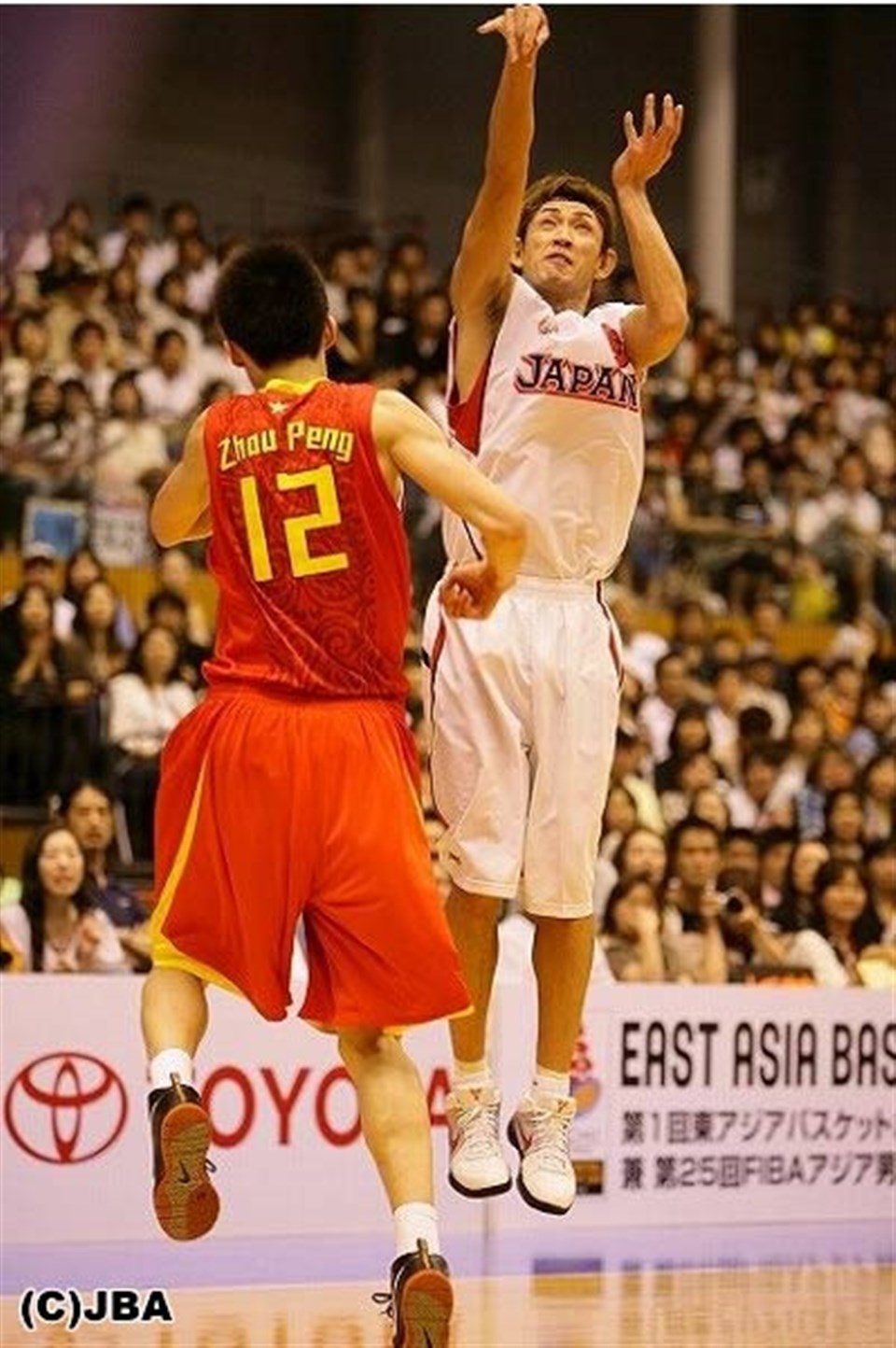
Enzo Flojo
FIBA
FIBA's columnists write on a wide range of topics relating to basketball that are of interest to them. The opinions they express are their own and in no way reflect those of FIBA.
FIBA takes no responsibility and gives no guarantees, warranties or representations, implied or otherwise, for the content or accuracy of the content and opinion expressed in the above article.
